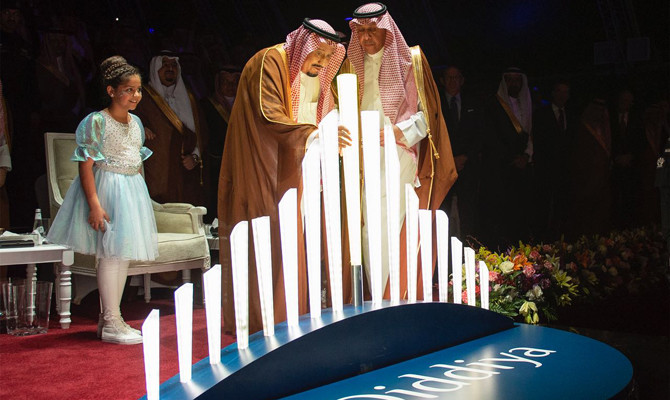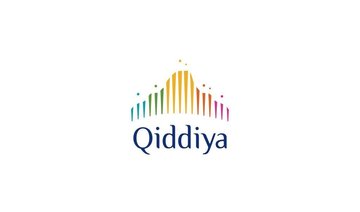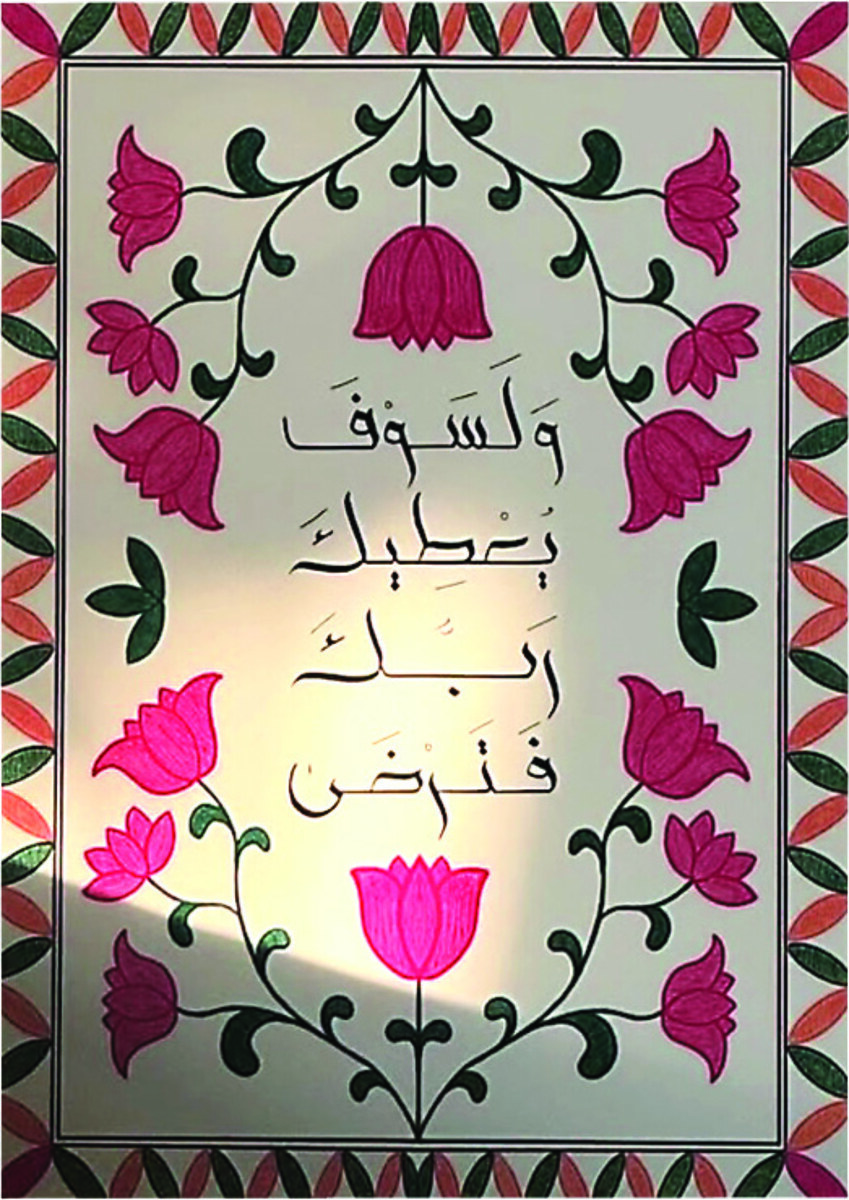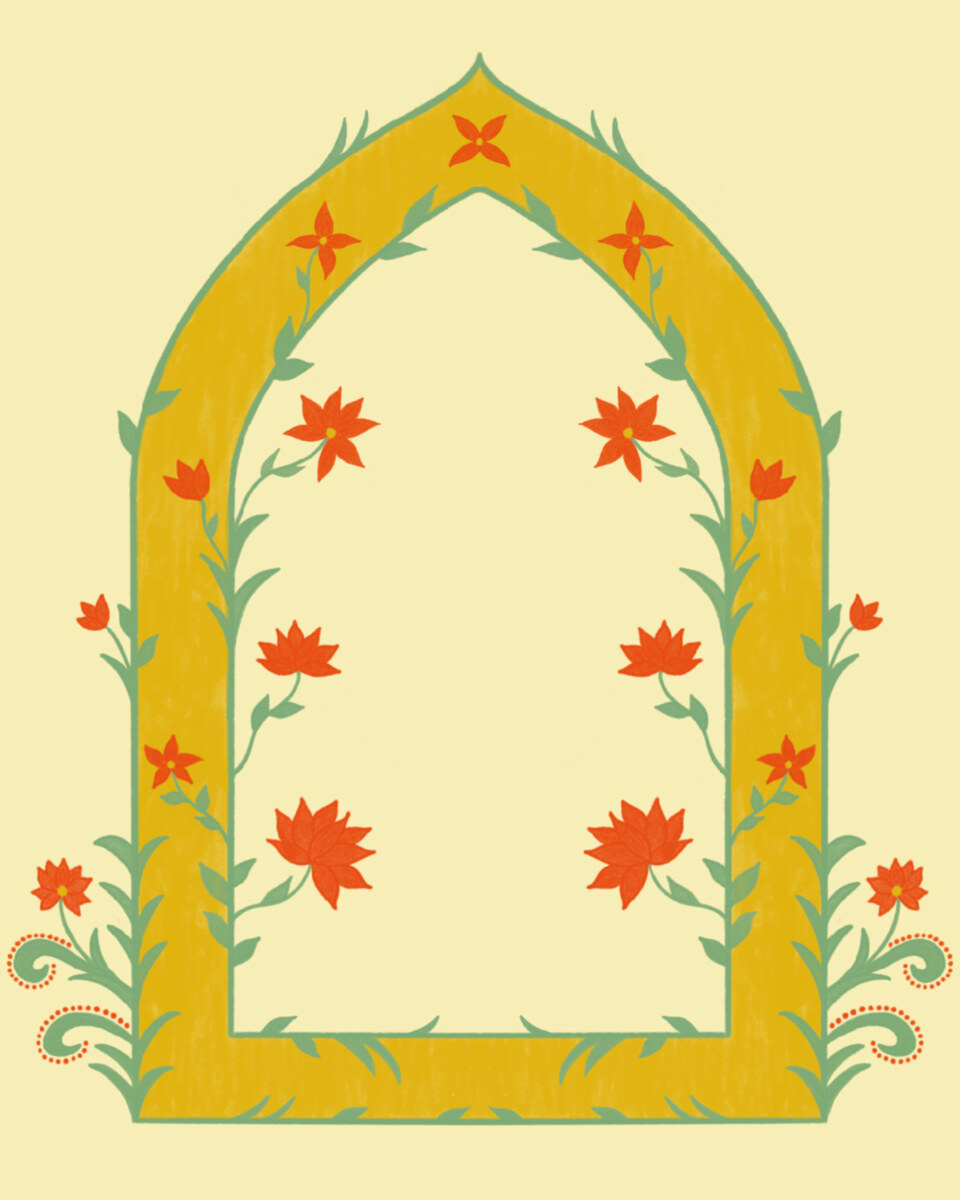JEDDAH: Developing the entertainment sector by creating high quality domestic and international investments within the Kingdom is one of the main goals of Saudi Arabia’s Vision 2030. Those projects will have a huge positive impact on the country’s economy and quality of life.
Qiddiya is one of three Saudi giga-projects, on top of Neom and the Red Sea project, launched by Crown Prince and Chairman of the Public Investment Fund, Mohammed bin Salman. The project targets local, regional and international tourists and will be Saudi Arabia’s pre-eminent entertainment, sports and cultural destination that embodies the Saudi identity. It is expected to be the world’s largest entertainment city by 2030, with a total area of 334 square kilometers, surpassing Walt Disney World in Florida, which is only 110 sq km.
Qiddiya is 40 kilometers away from the center of Riyadh city. It bears the name of the area, and it has spectacular views of mountains, valleys and desert views. The presence of this tourist destination near the largest Saudi city in terms of population will allow it to target eight million visitors from around Riyadh and about 45 million visitors from the Arabian Gulf region.
The youth demographic will be a main contributor to Qiddiya’s success since two-thirds of the Saudi population is under the age of 35.
Therefore, the project aims to satisfy the recreational, social and cultural needs of the country’s current and future generations.
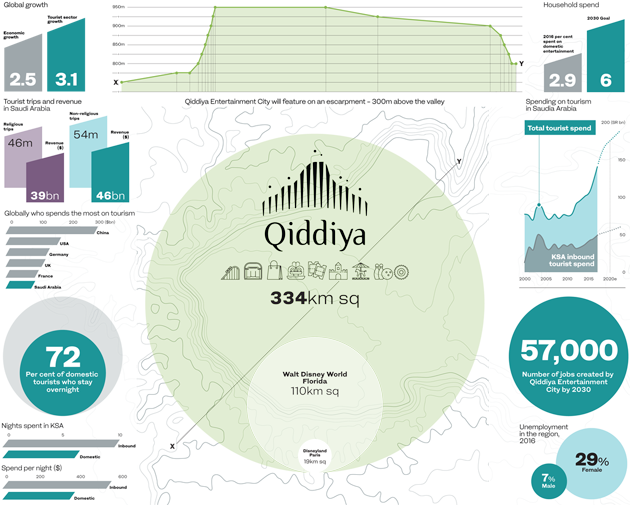
The project includes theme parks; entertainment centers; sports amenities capable of hosting international competitions; training academies; desert and asphalt tracks for motorsport enthusiasts; water- and snow-based recreation; outdoor and adventure activities alongside nature and safari experiences; and an array of historical, cultural and educational activities and events. Qiddiya will help diversify national income sources as it is forecast to contribute to up to SR17billion of GDP by 2030.
This project will also contribute to the real estate development of the area, offering 4,000 residential units by 2025 and 11,000 by 2030. It aims to attract residents who want to buy second homes at Qiddiya for weekends and vacations.
Saudis spend $30 billion on tourism abroad every year. By providing new entertainment options for citizens and residents of Saudi Arabia, this project aims to redirect some of the overseas tourism spending back into the Kingdom.
This project will offer people opportunities to explore and experience without the need to travel to other countries. This supports Vision 2030’s objective to increase spending within the Kingdom on culture and entertainment activities, from about 3 per cent of household income to 6 per cent.
By 2030, the number of annual visitors to Qiddiya is expected to reach 17 million in the entertainment sector, 12 million in the shopping sector and two million in the hospitality sector.
The project aims to improve the quality of local life not only through entertainment, but also by providing around 57,000 jobs for citizens and opening new opportunities for the private sector in various industries. It will also serve the Kingdom’s goal of elevating Riyadh to become one of the world’s top 100 cities to live in.
Qiddiya’s facilities will enable citizens and residents to engage in a wide variety of sports, falling within Vision 2030’s theme of having a healthy society and increasing the ratio of individuals exercising at least once a week from 13 per cent of the population to 40 per cent.
The vision also aims to help youth excel in sport, developing leaders in selected sports regionally and globally.
The first phase of the project will officially open in 2022, with its final phase ending in 2035.


